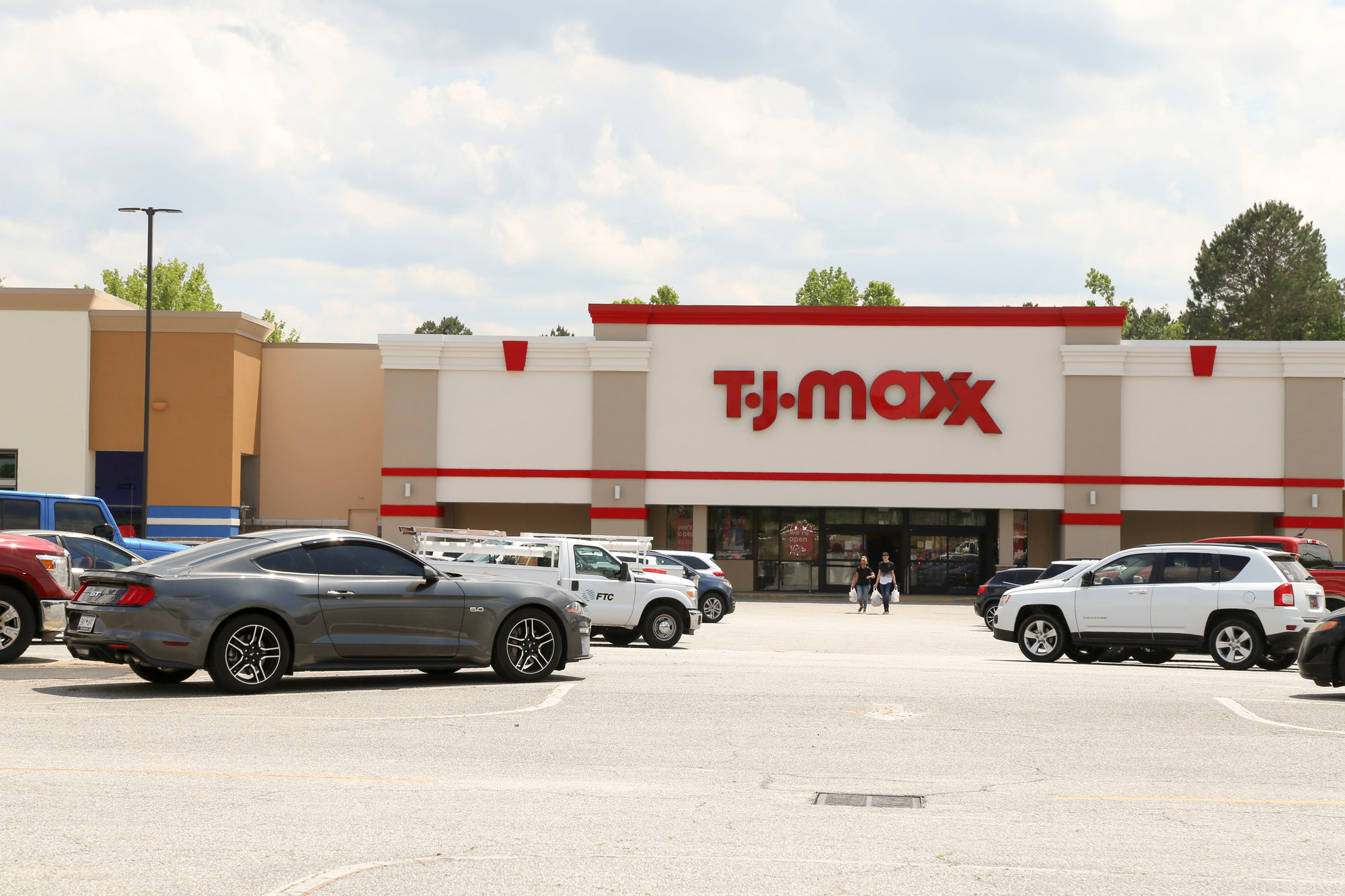South Carolina's predicted deaths rise as more reopening debated
More than 1,100 could die of COVID-19 by August in S.C.; cases are near peak
The Associated Press
COLUMBIA - As South Carolina Gov. Henry McMaster gathered a meeting Tuesday of health experts, lawmakers, business leaders and state and local government officials about how to reopen society during the coronavirus, the state's predicted peak of cases and deaths has been pushed further into the future, with hundreds more people dying.
The new prediction is for more than 1,100 deaths by early August from COVID-19. Less than two weeks ago, state health officials predicted less than 700 deaths by early August, according to the Department of Health and Environmental Control. The latest epidemiological estimates reflect that virus and infection rates have not dropped significantly, so with more people circulating, more people will fall ill.
The predictions released Monday also indicate the increase in cases reported each week is near a peak and should start to fall around the middle of May.
State health officials reported that there had been more than 6,800 cases of the coronavirus in South Carolina, with 296 deaths, according to Tuesday's update from DHEC, including 13 additional deaths and 93 cases that were announced Tuesday.
McMaster led a meeting of his Accelerate SC committee Tuesday. On the agenda were reports from several smaller groups studying how to help businesses, what laws should be passed and how to obtain protective gear for workers.
South Carolina is already well on the path to reopening. On Monday, McMaster officially ended the state's stay-at-home order. Restaurants can now serve diners outdoors with 8 feet separation between tables.
Myrtle Beach reopened its beaches and let its hotels begin welcoming guests. The smaller beach towns around Charleston are under pressure to reopen to visitors during the day and allow vacationers to return.
Charleston itself, heavily dependent on tourism, is considering more stringent rules for restaurants like limiting capacity to half the number of people allowed by the fire marshal and having hand sanitizer available for any customer.
City Council delayed a vote on the new rules Monday to get more input from restaurant owners.
"I would like for Charleston to have the reputation for taking steps to be the safest place we could possibly be," Mayor John Tecklenburg told the council. "I remain convinced that will lead to a more robust recovery than letting things get out of hand."
Health experts have said since the virus first started spreading that a key to reopening is more testing so the state can get a better handle on how many people have the virus.
The number of infections in South Carolina is thought to be far higher than the more than 6,800 reported - maybe even as many as 70,000 infected in the past two months - because the vast majority of people have not been tested and studies suggest people can be infected with the virus without feeling sick.
DHEC is setting up smaller testing sites across the state where people don't need appointments. One was running Tuesday in Society Hill, near a hot spot in Florence. Another tested 464 residents in Darlington County. Two others are in the northeast suburbs of Columbia, where some of the highest rates of infection in South Carolina are reported. Prisma Health ran mobile testing in Rembert during the weekend and plans to do the same this weekend in Mayesville.
Charleston-based MUSC is also traveling the state to test people in rural and underserved communities, including three days in Sumter this week. Testing will continue today and Friday from 10 a.m. to 3 p.m. at the Sumter County Civic Center, 700 W. Liberty St. Unlike at other sites, people are not required to pass a screening showing symptoms to get tested.
Democratic lawmakers in Columbia helped set up the sites, saying it will provide the kind of data needed to determine if the state should continue to reopen or take more precautions.
They are in areas with larger African-American populations. South Carolina's population is 27% black, but African-Americans have represented 53% of the COVID-19 deaths and 44% of the total cases, according to DHEC data.
"The more information we have, the more informed decisions we can make," said Rep. Ivory Thigpen, a Democrat from Columbia.
The Sumter Item's Kayla Green contributed to this report.
More Articles to Read

